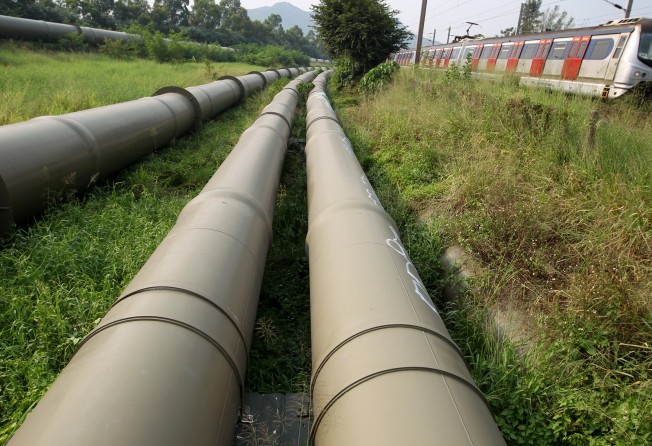Hong Kong people must stop taking cheap water for granted

Nothing is more essential for life than water, yet too many people in Hong Kong take it for granted. Much of that has to do with heavily subsidised tariffs and the guaranteed supply from Guangdong that meets our needs. But rising demand on the mainland and the uncertainty to weather patterns caused by climate change require that mindsets change. The 50th anniversary of the cross-border deal and the signing of a new three-year contract is reason for a rethink. A year-long drought that began in 1963 prompted Hong Kong to explore sources for water beyond the city's dams. Rationing meant that taps were turned on for just four hours a day every four days, forcing citizens to queue at central supply points. Daily supplies remained limited until the early 1970s, even though the agreement with Guangdong to pump water from the Dongjiang, or East River, was made in 1965. Crises force people to change their ways; Hongkongers during those difficult times became adept at conservation.
There is now every reason to again develop those skills. Between 70 and 80 per cent of our water is from the Dongjiang; the latest deal allows for up to 828 million cubic metres a year. It is more than we need and there is no incentive to use less as household charges are among the lowest in the world for a major city, having remained unchanged since 1995. Unsurprisingly, we are also among the most wasteful societies. Yet rising demand on the mainland, pollution and droughts have forced a strategy there of reduced usage and conservation and it is only a matter of time before our supply is affected.
Altering how we think about water requires the government taking the lead. It has embarked on that process by pushing ahead with a plan for a HK$9 billion desalination plant at Tseung Kwan O. But it will be capable of meeting no more than 10 per cent of needs, nor will it make us more responsible.
As on the mainland, authorities have to come up with a conservation strategy. We have to be taught how to be less wasteful. Perhaps, also, we should pay higher charges.